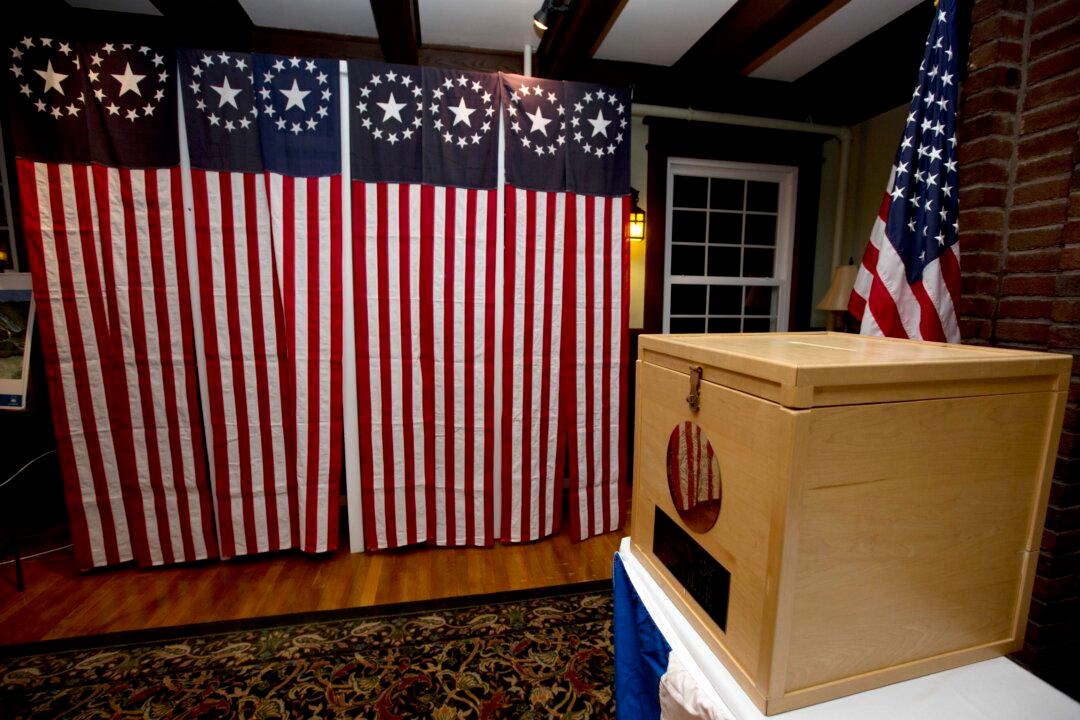A federal judge has denied an effort to restore 98,000 “inactive” Georgia voters to the state’s electoral rolls.
They were removed because they didn’t participate in elections for more than eight years, The New York Times reported.

A federal judge has denied an effort to restore 98,000 “inactive” Georgia voters to the state’s electoral rolls.